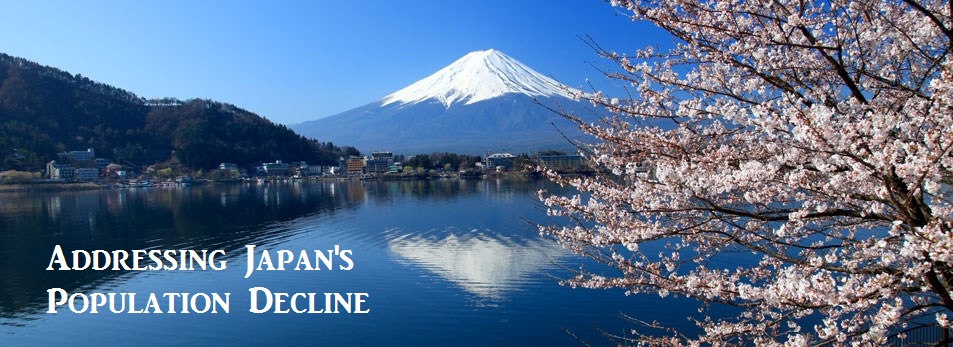So Is Female to Male as Nature is to Culture? – Sherry B. Ortner
As a follow up article to her initial “Is Female to Male as Nature is to Culture?” publication, Ortner revisits the topic of feminism and anthropology with new insights based the progress of 20 years. She uses criticism given on her first paper to rethink the issues of male dominance and nature to culture being universal. She admits to conceptualizing culture too broadly, and therefore opens the conversation up further towards male dominance in more egalitarian countries. She also addresses the importance of understanding the process in which male dominance emerges in societies, much like Andrea Nightingale’s way of thinking. From the works of other anthropologists, 2 views on the emergence are the most popular: that males “defeat” of women or that males won dominance based on an unintentional consequence. Upon relating this work to Japan’s male dominant society, it is likely that the emergence was a product of male intentionality. The traditional woman in Japan is a housewife caretaker, and as women began to emerge out of this tradition, they were met with heavy backlash. Finally, Ortner explains that the nature to culture relationship is not always structured, although it may be a universal phenomenon. Though the structure can be defined in many ways, it is difficult to pinpoint where Japan stands. As Ueno states in her publication about Japanese women, the head of agricultural efforts in the household was women before the modern age. This goes with the idea that “…female is indeed related to male as nature is to culture.” At first, understanding these viewpoints did not come easy, but as I found a parallel with our readings to outside sources, the connections became clearer.
From Feminist Studies (1972): 5-31.
